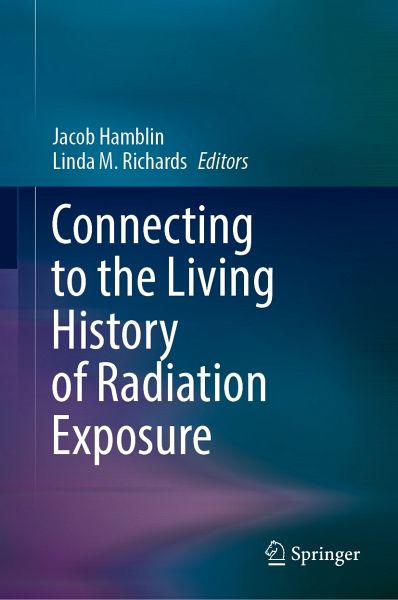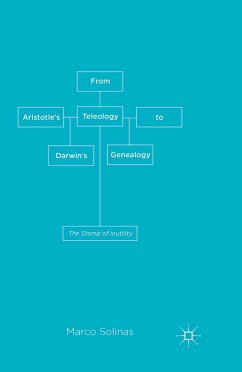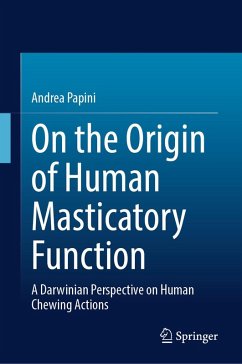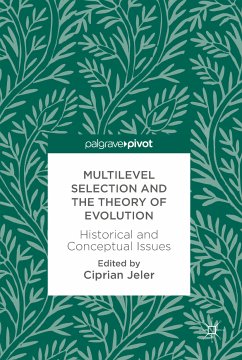
Connecting to the Living History of Radiation Exposure (eBook, PDF)
Versandkostenfrei!
Sofort per Download lieferbar
80,95 €
inkl. MwSt.
Weitere Ausgaben:

PAYBACK Punkte
40 °P sammeln!
This book highlights the multiple ways of telling stories of radiation exposure; they include stories about Japan, Australia, the United States, the Canadian Arctic, and more, and they probe the framing of major incidents such as Three Mile Island, Chernobyl, and Fukushima. All the chapters in this book are written by authors who participated in our work at Oregon State University and have benefited from hearing not only from scientists but also from those whose lives were directly affected by the history of radiation exposure. The question 'What is at stake when researching and narrating the ...
This book highlights the multiple ways of telling stories of radiation exposure; they include stories about Japan, Australia, the United States, the Canadian Arctic, and more, and they probe the framing of major incidents such as Three Mile Island, Chernobyl, and Fukushima. All the chapters in this book are written by authors who participated in our work at Oregon State University and have benefited from hearing not only from scientists but also from those whose lives were directly affected by the history of radiation exposure. The question 'What is at stake when researching and narrating the histories of radiation exposure?' is discussed, but the book does not reinforce existing frameworks, such as legal decisions or government policies, but rather highlights what narrative framings accomplish and commit by scrutinizing them with rigorous research, varied approaches, and, above all, listening to those whose lives were most affected by exposure.
Previously published in Journal of the History of Biology Volume 54, issue 1, April 2021
Dieser Download kann aus rechtlichen Gründen nur mit Rechnungsadresse in A, B, BG, CY, CZ, D, DK, EW, E, FIN, F, GR, HR, H, IRL, I, LT, L, LR, M, NL, PL, P, R, S, SLO, SK ausgeliefert werden.
Alle Preise in Euro und inkl. der gesetzl. MwSt. | Innerhalb Deutschlands liefern wir preisgebundene Bücher versandkostenfrei. Weitere Informationen: bitte hier klicken
Support
Bitte wähle dein Anliegen aus:
Rechnungen
Bestellstatus
Retourenschein
Storno












